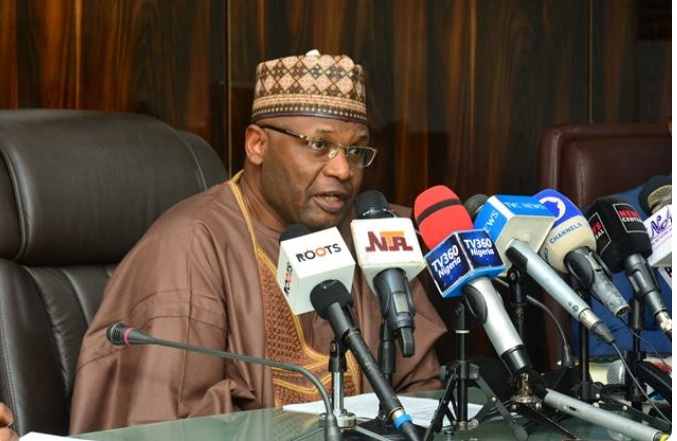The Independent National Electoral Commission (INEC) is taking significant steps to enhance transparency in the electoral process by clarifying the roles of its Result Viewing Portal (iREV) and the Bimodal Voter Accreditation System (BVAS).
As the gubernatorial elections approach in Bayelsa, Kogi, and Imo states, it’s crucial to understand how these systems operate and their contribution to free, fair, and credible elections.
INEC Chairman, Yakub Mahmood, has emphasized that the results of the upcoming governorship elections in Bayelsa, Kogi, and Imo states will be uploaded to iREV.
However, it’s essential to note that iREV is not a result collation or transmission system, as clarified by INEC Director of ICT, Paul Omokore.
Omokore stresses that iREV’s primary role is to enhance election transparency, not to collect or collate results.
It serves as a platform for the public to view polling unit (PU) results.
BVAS is utilized to capture images of form EC8A, the result collected at the polling unit.
These images are then uploaded to the iREV portal for public viewing.
It’s important to remember that results in Nigeria have traditionally been transmitted manually, from PUs to collation centres.
INEC recognizes that technology can significantly contribute to the transparency and credibility of elections, even though challenges may arise.
BVAS plays a critical role in ensuring the principle of one-person-one-vote, an essential aspect of fair elections.
iREV enhances the openness and credibility of elections by allowing the public to access and verify polling unit results.
Ezenwa Nwagwu, Chairman of Partners for Electoral Reform, highlights the ethical responsibilities of journalists in election reporting.
He emphasizes the importance of independence, unbiased reporting, and accuracy in the media.
Nwagwu underscores that accurate and transparent reporting is the antidote to fake news, a significant concern in today’s media landscape.
Journalists should investigate the motivations behind news presented by individuals with biased perspectives on the electoral process and balance it with legal provisions.










